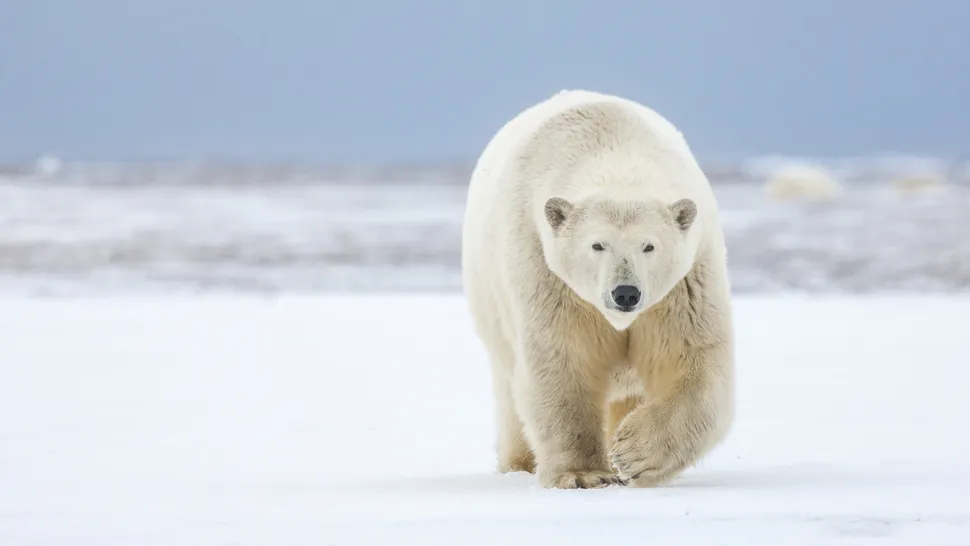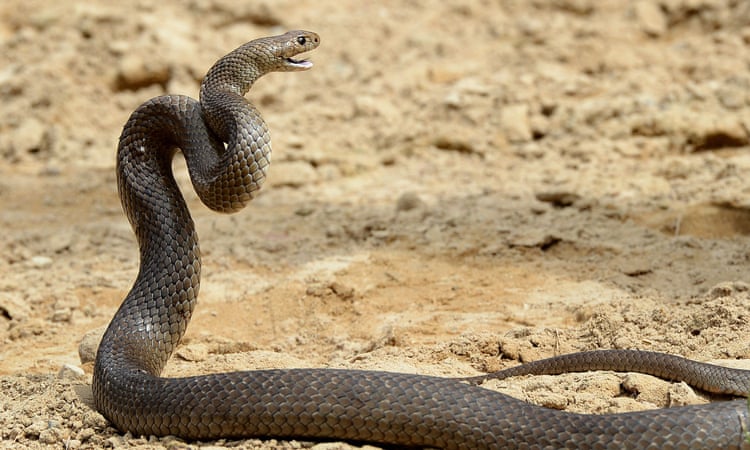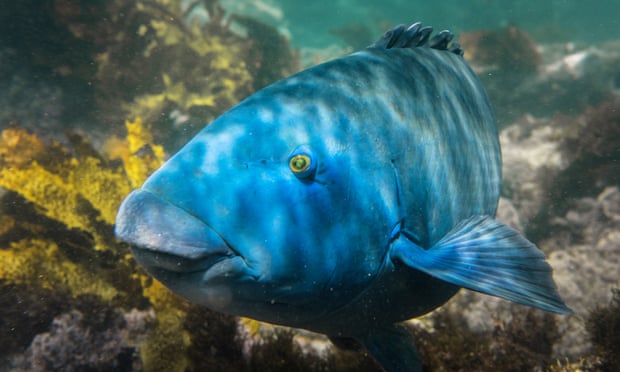I was in a farm recently with a friend of mine and we were approached by the manager regarding some feral dogs which were becoming a nuisance. There were many sheep in open pens on the farm and it was the lambing season. The manager asked if we could ‘remove’ the animals as they were worrying the sheep. Having discussed the matter briefly I could see no option but to arrange to have them shot. After all, they were wild animals which would not be able to adapt to domestication and could definitely not be trusted around children.
On my next meeting with my friend he told me he spoke with his local religious adviser who asked him three questions 1. Are the dogs harming you personally?, 2. Are they likely to harm you personally? and 3. Have they caused any direct harm to anyone else? Needless to say the dogs got a reprieve.

What struck me about this incident was the fundamental difference between my attitude to the natural world as a scientist and my friends attitude who has a much more holistic view of the world than me. With the growth in NGOs and conservation bodies with an international brief we have a tendency to view the problems from our own perspective rather than from the perspective of the people who are closest to the issues. We apply norms of the developed countries to third world problems and wonder why they are not working.
The involvement of local communities in conservation programmes is more than just employing a local wildlife warden from the village. It requires us to roll up our metaphorical sleeves and get to grips with the complex relationships between local human communities and the wildlife they invariable know and appreciate.
We need to come out of our comfort zones and listen to the reality of the issues and appreciate that human society has amazingly complex relationships with nature and sustainable conservation solutions do not come from armchairs.
Brendan Kavanagh
Brendan Kavanagh is a Zoology graduate from Trinity College Dublin. In Ireland he developed the ‘National Conservation Strategy for the endangered Grey Partridge”. Based in Bahrain, Brendan has established the first sustained bird ringing programme using the British Trust for Ornithology ringing scheme, has trained local Bahraini personnel, Wildlife Rangers from Saudi Arabia and conducted research on the Grey Hypocolius, a species endemic to the Middle East. He has ringed over 10,000 birds and amassed a significant data set on the morphology of migrants in the Gulf Region.





Leave a Reply